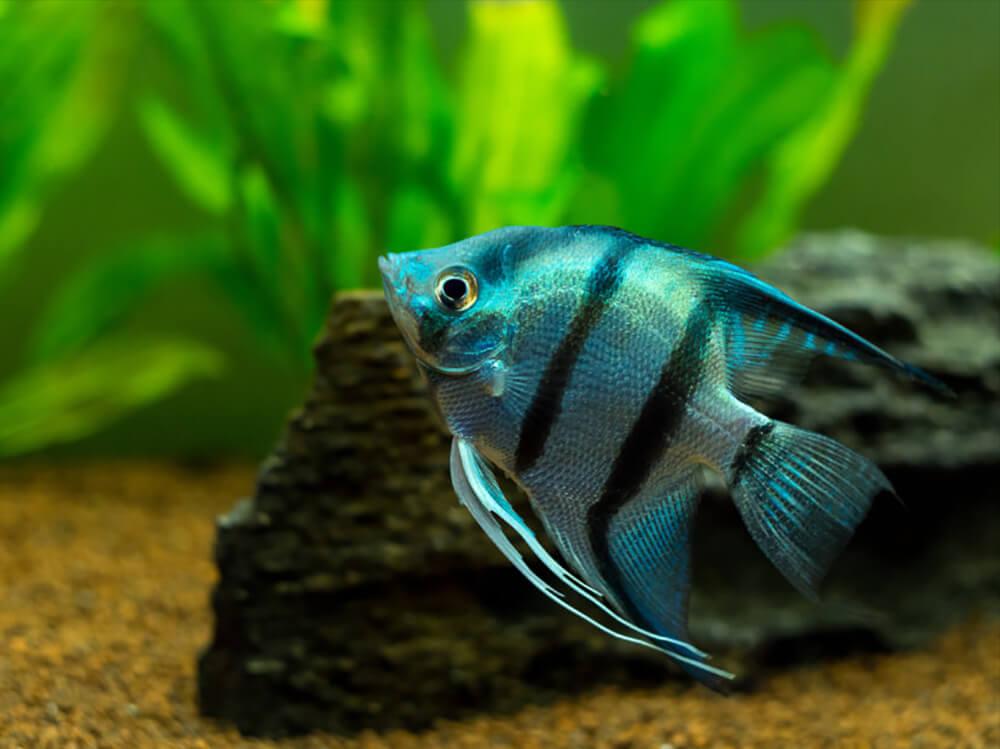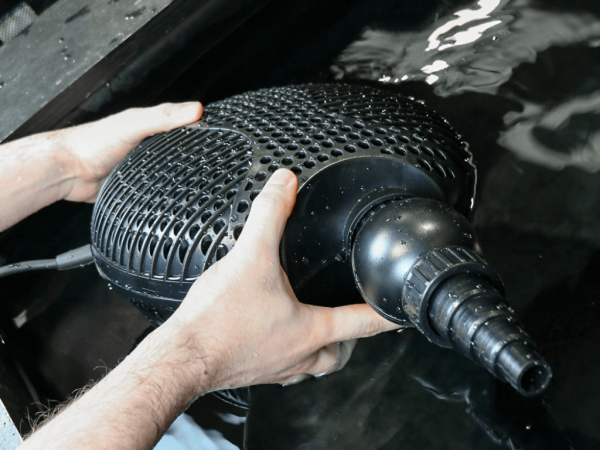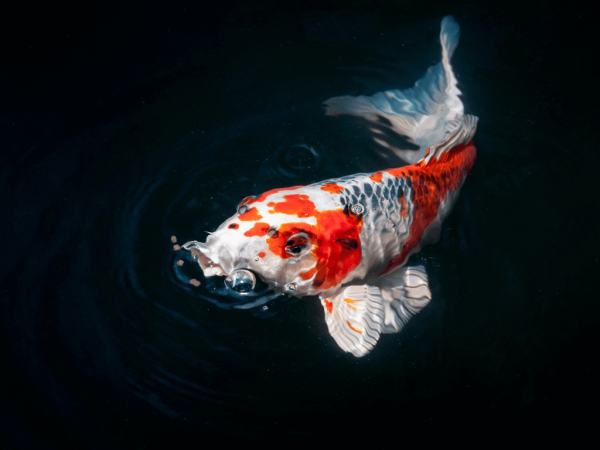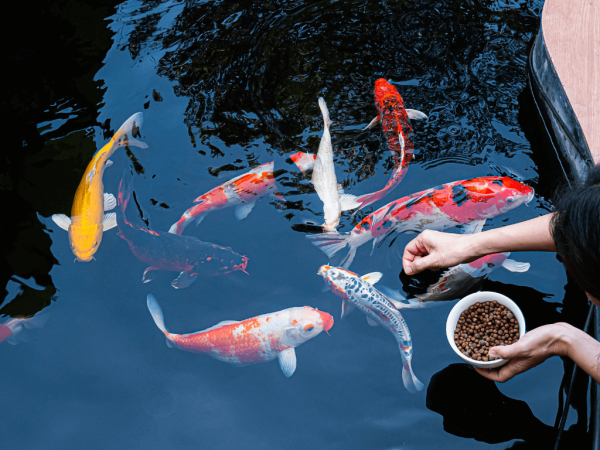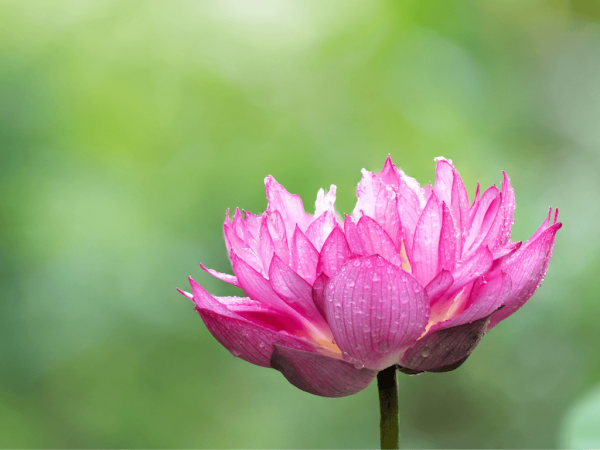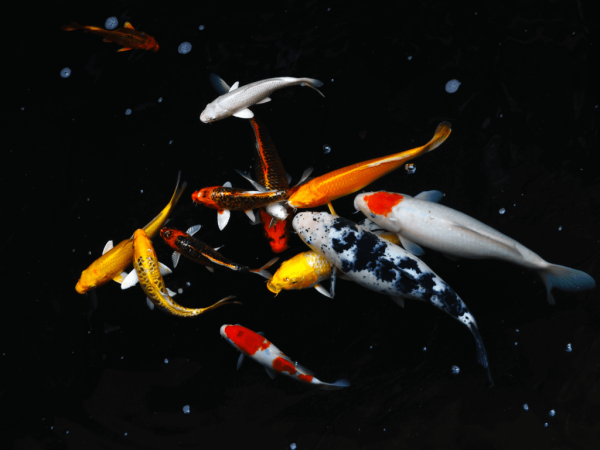How often should I feed my fish?
Feeding frequency depends on the type of fish you keep. As a general rule small fish should be fed little and often and larger ones can go longer between meals. Then it’s down to if they are herbivores or carnivores. Think of the Serengeti in Africa and the Zebra feed on grass all day long but the lions only make a kill every few days and with fish it's the same.
Algae is low in nutrients so algae eating fish need to graze all day long, whereas a fish eater like a Pike cichlid can be fed a frozen lancefish and then not need to eat for the rest of the week.
Temperature is a factor too. Being coldblooded, fish metabolism is controlled by the temperature of the water. Very warm water speeds up their growth but also their respiration and metabolism, so Discus need to be fed very regularly just to maintain their body weight.
But cool a pond fish right down in winter and its metabolism slows down, helping it to survive under the ice and in some cases, not needing to be fed for months. So feed tropical fish often and coldwater fish less often.
How often is often?
Most dry fish food brands will advise feeding three times per day. This isn’t a sales gimmick as small community fish feed all day in the wild. Dry food has high protein however so if you don’t have time, feed small tropical fish once in the morning and once in the evening, and medium to large fish can be fed just once.
Regular feeding combined with regular water changes is the best way to encourage growth in your fish and Discus breeders or Koi breeders may feed their fish six times per day, as long as they are doing daily water changes to combat the buildup of waste.
Large chunky foods like tablets only need to be added on a daily basis, but if you want to feed flake or granules more often but can’t, invest in an automated feeder that can be set to feed a measured amount of food several times per day if necessary. Great for busy households and great for holidays.
Which are the best foods?
Dry foods contain more vitamins and nutrients than frozen foods, and many are classed as a complete diet, meaning your fish could exist and thrive just on that food for its whole life. Look to feed a good brand of dry food as a fish’s staple diet, only using frozen or live foods as treats or with fish which won’t take to dry food.




